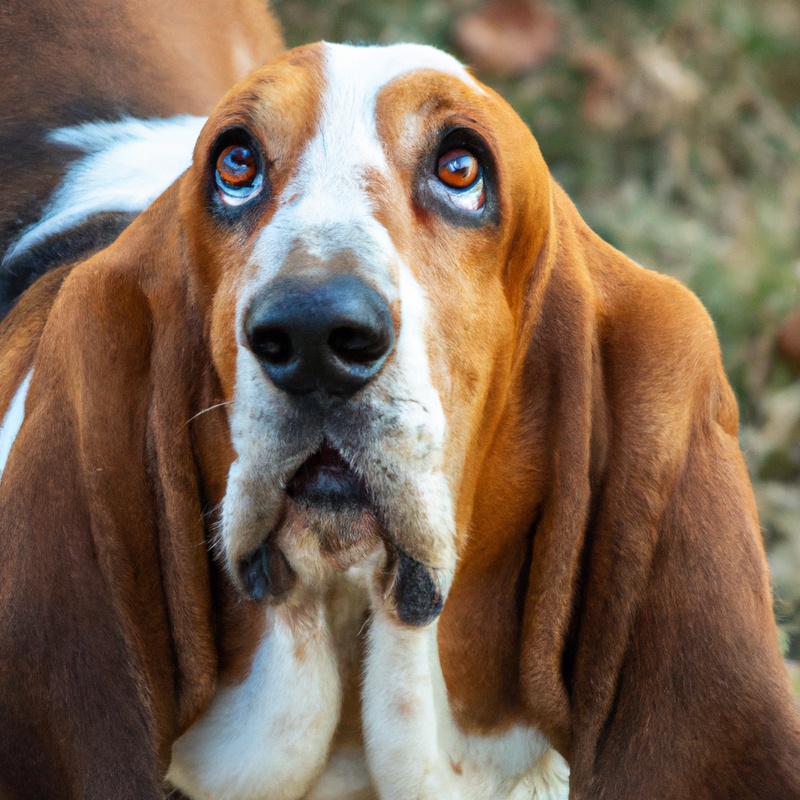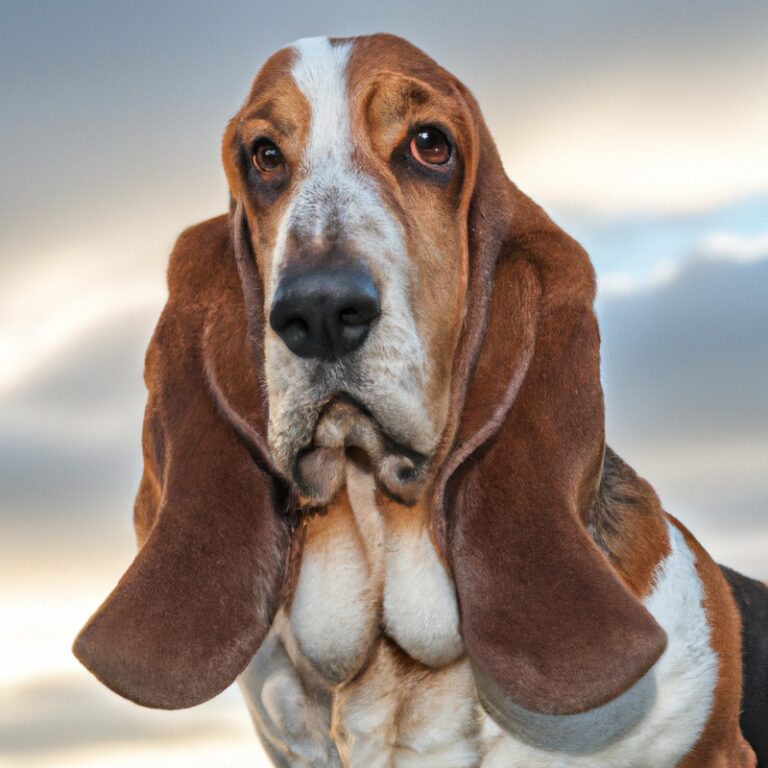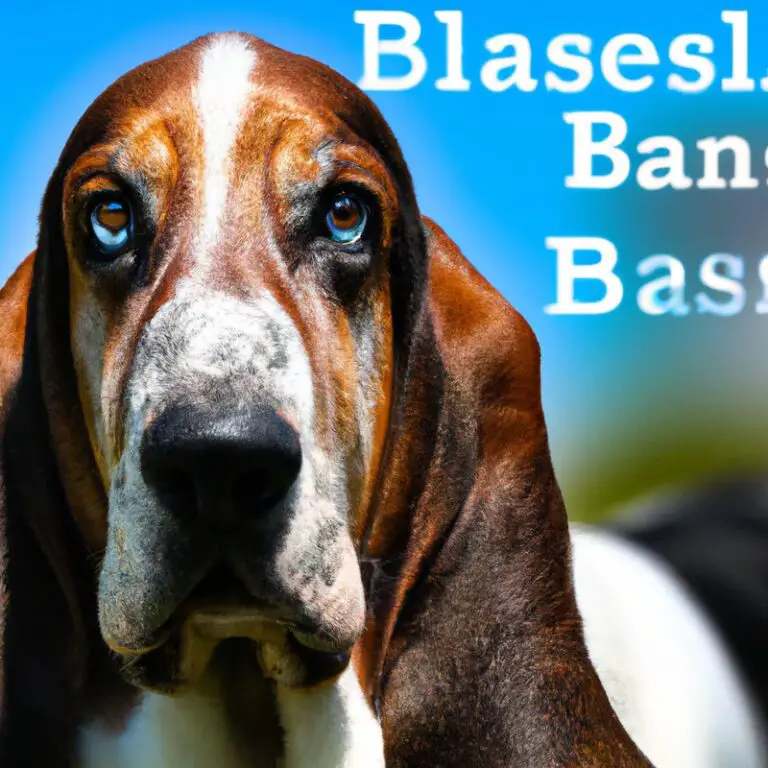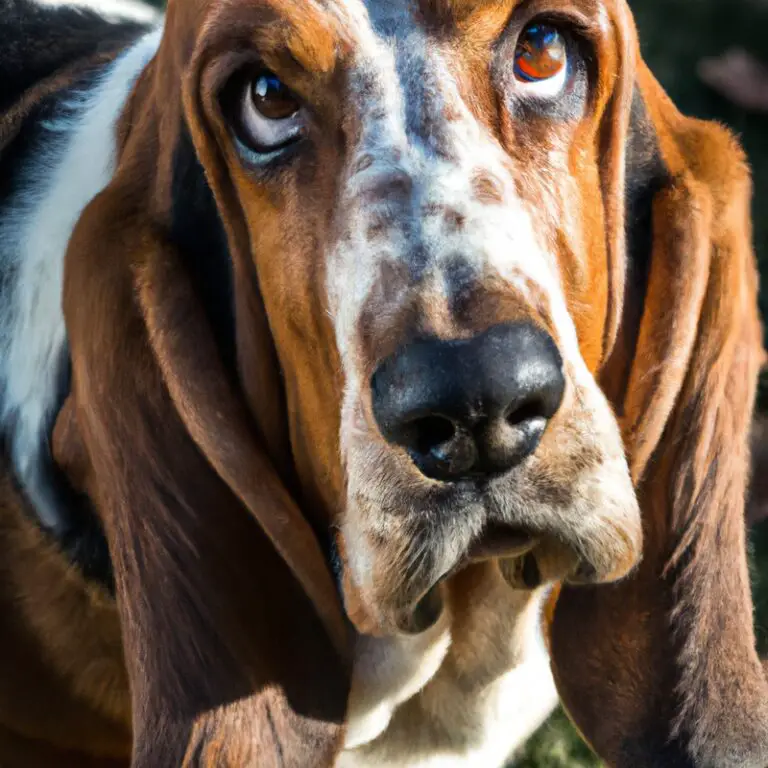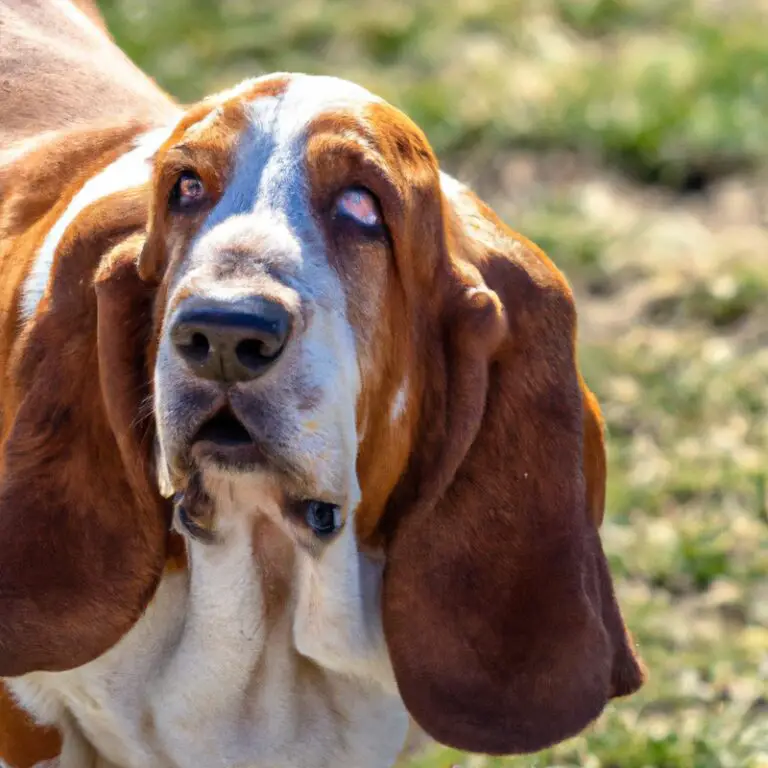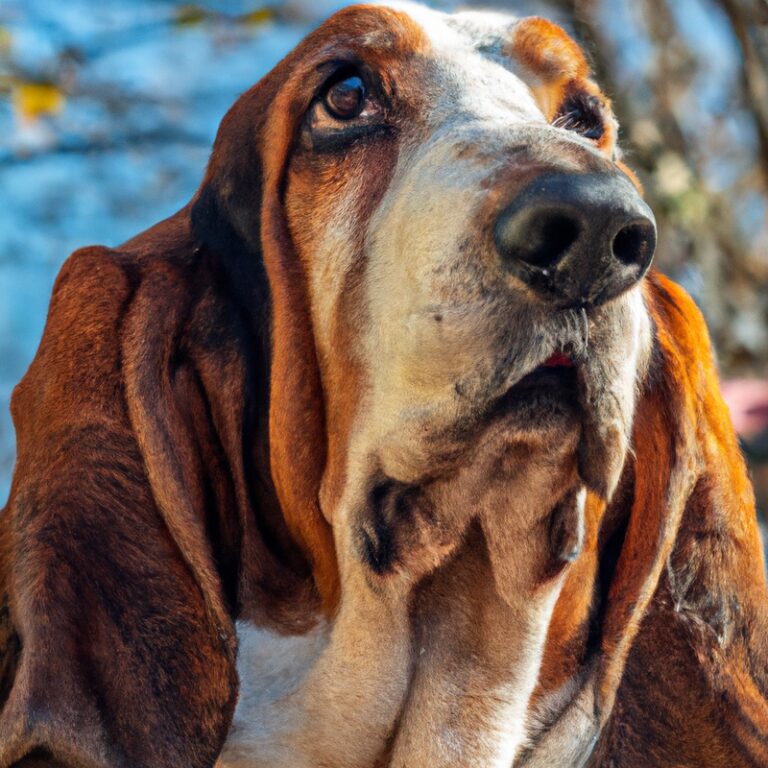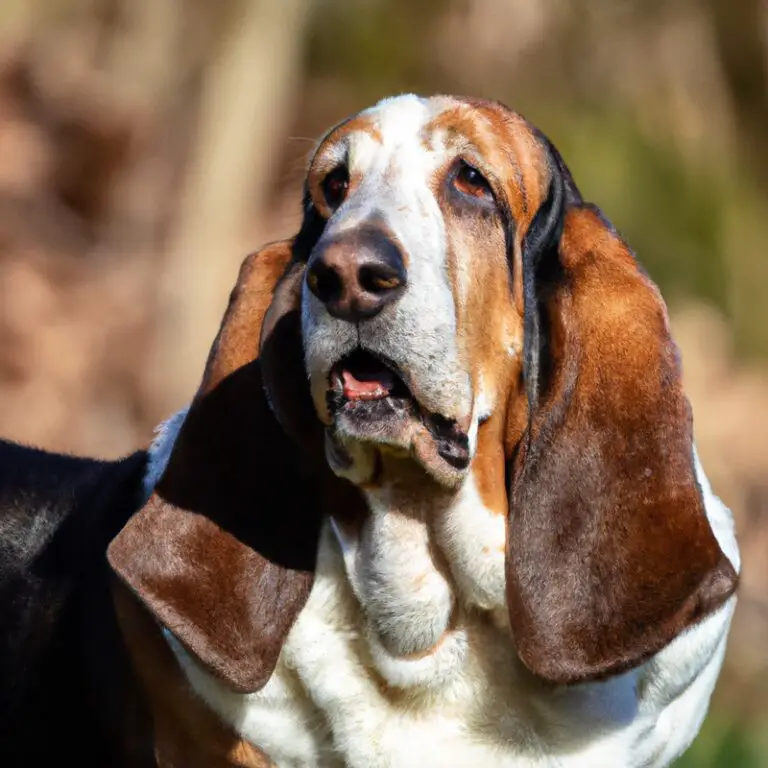Do Basset Hounds Have a Strong Instinct To Protect Their Territory From Other Animals?
Key Takeaways:
- Basset Hounds have a moderate instinct to protect their territory from other animals.
- They are more likely to alert their owners to potential threats rather than engage in physical protection.
- Their protective instincts can be influenced by factors such as socialization and individual temperament.
- Basset Hounds may require training and early socialization to manage their territorial tendencies.
Have you ever wondered if Basset Hounds have a fierce instinct to guard their territory from other animals?
As a dog lover and certified pet expert, I’m here to satisfy your curiosity.
Basset Hounds, known for their adorable droopy ears and soulful eyes, have a rich heritage as hunting dogs, but do they possess the natural protective instincts that some other breeds do?
In this article, we’ll dive deep into the world of Basset Hounds, exploring their instincts, their pack mentality, and whether they have a strong drive to protect their territory.
So, let’s embark on this exciting journey and uncover the truth together!
| Yes | No | |
| Basset Hounds | ✓ | ✕ |
| Other Animals | ✕ | ✓ |
Understanding Basset Hounds
Breed Overview
Basset Hounds are a charming and distinctive breed known for their long ears, droopy eyes, and heavy bodies.
They have a low-set, muscular build and a keen sense of smell.
Despite their appearance, Basset Hounds are quite friendly and gentle, making them great family pets.
They are known for their calm and relaxed nature, although they can be a bit stubborn at times.
Bassets are not typically aggressive or territorial towards other animals, but they may exhibit protective behavior when necessary.
Understanding their breed characteristics is important for better managing their instincts and behaviors.
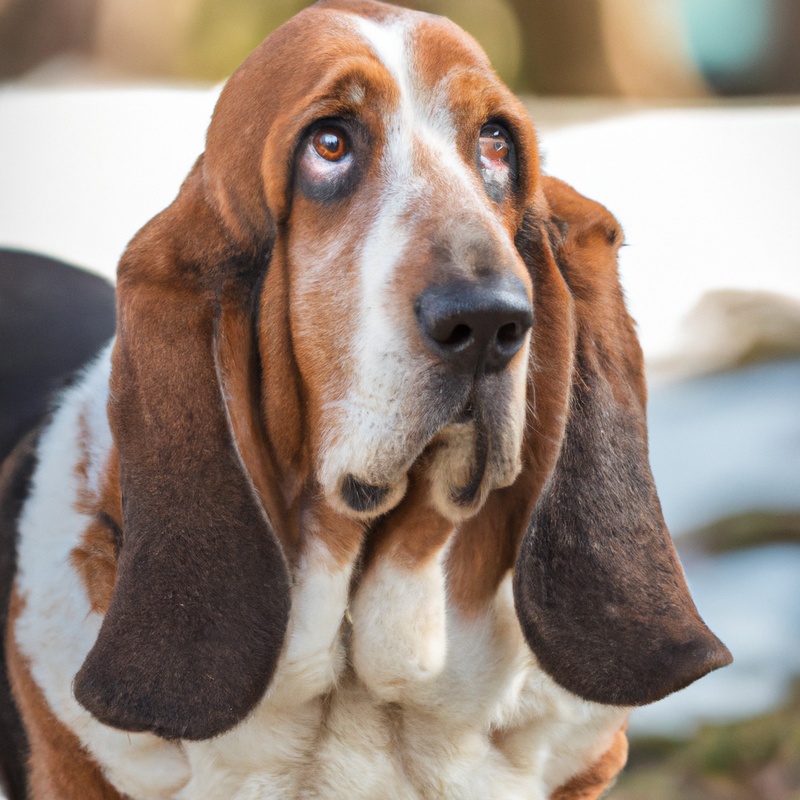
Physical Characteristics
Basset Hounds are known for their unique physical features.
They have a long, low-set body with short legs and a loose, wrinkled skin.
Their long ears and droopy eyes give them a charming and friendly expression.
Bassets have a heavy bone structure and can weigh between 40-60 pounds.
They have a dense, smooth coat that comes in various colors such as tri-color (black, white, and brown), bi-color (white and brown), or lemon and white.
Their broad chest and deep-set ribs contribute to their distinctive appearance.
Overall, their physical characteristics make them an adorable and recognizable breed.
Temperament
Basset Hounds have a friendly and affectionate temperament.
They are known to be gentle, patient, and good-natured dogs.
They are generally sociable with other animals and people, making them a great choice for families and households with other pets.
Bassets tend to be independent thinkers, so training can sometimes be a challenge.
However, with consistent and positive reinforcement methods, they can be taught to respond well to commands.
Basset Hounds are loyal and loving companions, bringing joy to their owners with their laid-back and easygoing nature.
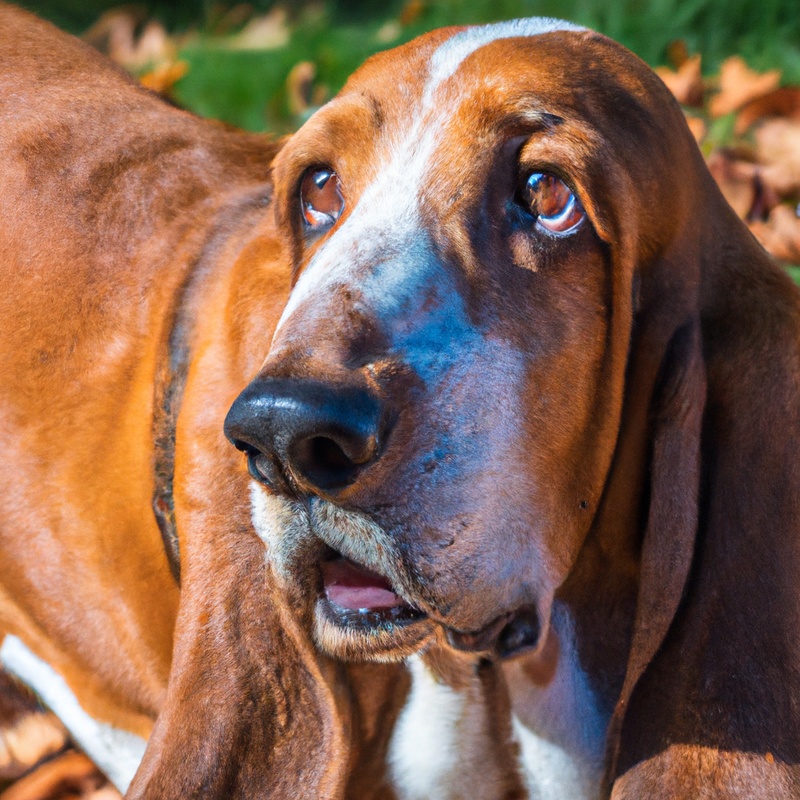
Instincts of Basset Hounds
Hunting Instincts
Basset Hounds have strong hunting instincts ingrained in their nature. These instincts stem from their history as scent hounds.
When they catch a whiff of an intriguing scent, their tracking and trailing abilities kick in.
They’re known for following scents tirelessly, with their noses to the ground. Their stubbornness and determination make them excellent hunting companions.
However, it’s essential to provide them with appropriate outlets for their hunting instincts, such as scent games or activities that stimulate their sense of smell.
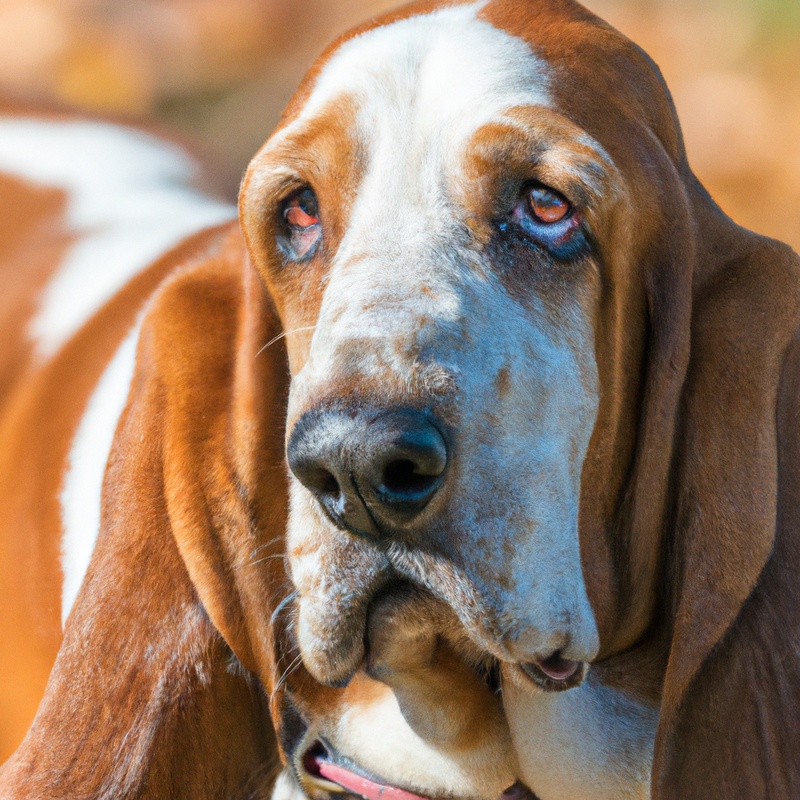
Pack Mentality
Basset Hounds have a strong pack mentality. They are social dogs that enjoy being with their family and can form strong bonds with their humans.
Within a pack, they have a need for structure and hierarchy.
They tend to follow the lead of their pack leader or the dominant family member. This pack mentality also extends to their interactions with other animals.
Basset Hounds can be friendly and sociable with other dogs but may exhibit dominant or territorial behavior if they perceive a threat or feel the need to establish their position in the pack.
It’s important to understand and manage their pack mentality to ensure their well-being and harmonious interactions with other animals.
Territorial Instincts
Basset Hounds have strong territorial instincts.
They are naturally protective of their space and may exhibit behaviors such as barking, growling, or marking to establish their boundaries.
Bassets are known to be alert and vocal, making them excellent watchdogs.
However, it’s important to note that their territorial instincts may vary from one dog to another.
Proper socialization and training can help manage their territorial behavior and ensure they coexist peacefully with other animals.
Supervising interactions and creating a secure environment are key in successfully managing a Basset Hound’s territory.
Protecting Territory from Other Animals
Basset Hounds’ Natural Protective Instincts
Basset Hounds have natural protective instincts that can make them vigilant and cautious when it comes to their territory.
They are known to be wary of unfamiliar animals and may exhibit behaviors such as barking or growling to signal their presence.
Basset Hounds have a strong sense of smell and excellent hearing, which contributes to their protective nature.
However, it is important to remember that each dog is unique and may exhibit variations in their protective instincts.
Signs of Territorial Behavior
Basset Hounds may exhibit signs of territorial behavior when it comes to their living space. Some common signs include:
- Marking: Bassets may mark their territory by urinating on objects or surfaces, such as furniture or walls.
- Barking or howling: When other animals or unfamiliar people enter their territory, Bassets may bark or howl as a way to warn and protect their space.
- Guarding possessions: Bassets may become possessive over their toys, food bowls, or beds, displaying guarding behavior and growling or snapping if approached.
- Boundary patrol: Bassets may regularly patrol the boundaries of their territory, such as fences or property lines, to ensure everything is secure.
- Defensive posturing: In some cases, Bassets may exhibit defensive postures like standing tall, puffing out the chest, or stiffening their body to appear intimidating to potential trespassers.
It’s important to note that while these behaviors are natural for Bassets, proper training and socialization can help manage their territorial instincts in a positive way.
Training Basset Hounds to Protect Their Territory
Training Basset Hounds to protect their territory involves consistent and positive reinforcement methods.
Establish clear boundaries and reinforce them by rewarding desired behaviors.
Teach basic commands like “stay” and “leave it” to prevent them from engaging in unwanted interactions.
Socialize your Basset Hound with other animals in controlled environments to reduce territorial aggression.
Provide mental and physical stimulation to keep them happy and fulfilled.
Regular exercise and mental enrichment will help redirect their energy away from territorial behaviors.
Remember, consistency and patience are key when training Basset Hounds to protect their territory.
Managing Basset Hounds’ Territory
Creating a Secure Environment
Creating a secure environment for your Basset Hound is essential to their well-being and happiness.
Here are a few tips:
- Provide a fenced yard: A secure fence will prevent your Basset Hound from wandering off and encountering potential dangers.
- Secure doors and windows: Ensure that all doors and windows are securely closed, preventing your dog from escaping or other animals from entering your home.
- Use pet gates: Use pet gates to restrict access to certain areas of the house, especially when you’re not able to supervise their interactions.
- Avoid leaving your Basset Hound unsupervised with unfamiliar animals: Until you are certain how your dog will react, keep an eye on their interactions with other animals to prevent any potential territorial disputes.
By taking these precautions, you can create a safe and secure environment where your Basset Hound can thrive.
Socializing Basset Hounds
Socializing Basset Hounds is important to ensure their well-rounded behavior. Here are some tips:
- Start early: Introduce your Basset Hound to different people, animals, and environments from a young age.
- Positive experiences: Use rewards and praise to associate social interactions with positivity.
- Gradual introductions: Take it slow and allow your Basset Hound to adjust at their own pace.
- Consistency: Regularly expose your Basset Hound to new situations and continue socialization throughout their life.
- Obedience training: Teach basic commands to establish good behavior.
- Seeking professional help: If needed, consult a professional trainer for assistance.
Supervising Interactions with Other Animals
When it comes to supervising interactions between your Basset Hound and other animals, there are a few important things to keep in mind. Firstly, always closely monitor any encounters and be ready to intervene if necessary.
Secondly, make sure your Basset Hound is properly trained to follow basic commands such as “sit,” “stay,” and “leave it.” Thirdly, introduce your Basset Hound to other animals slowly and in controlled environments, using positive reinforcement to associate these encounters with positive experiences.
Remember, the key is to provide a safe and controlled environment for your Basset Hound to interact with other animals.
Final Verdict
While Basset Hounds may not have the same level of protective instinct as some other breeds, they still possess some natural territorial behaviors.
Understanding their breed characteristics, instincts, and training can help manage their territory effectively.
Creating a secure environment, socializing them properly, and supervising interactions with other animals are essential in managing their territorial instincts.
With the right approach, Basset Hound owners can ensure a harmonious and safe environment for their beloved pets.

